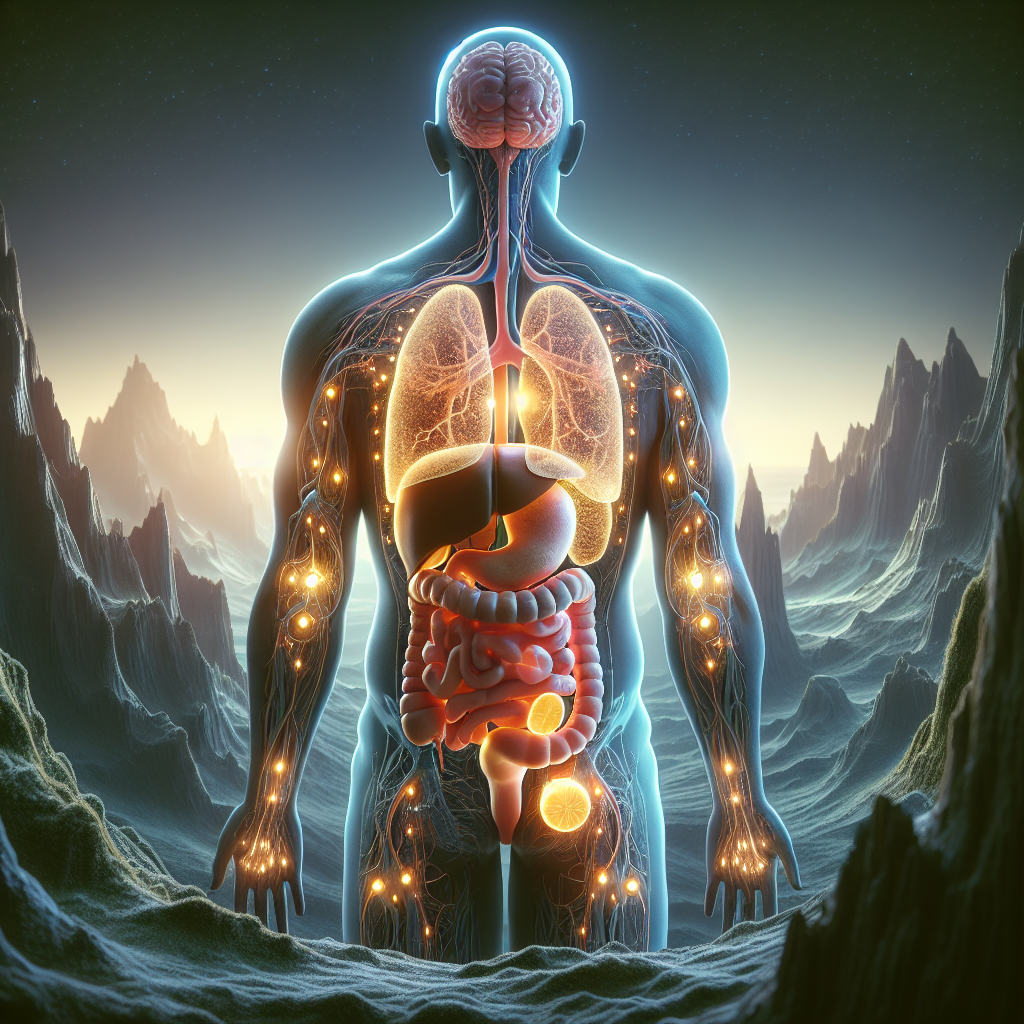
-
Table of Contents
Here’s What Happens Inside Your Body When You Start Keto!

The ketogenic diet, commonly known as keto, has gained significant popularity in recent years. This low-carb, high-fat diet is praised for its potential benefits, including weight loss, improved brain function, and increased energy levels. But what exactly happens inside your body when you start a keto diet? Let’s delve into the science behind this dietary trend and explore the physiological changes that occur when you switch to a ketogenic lifestyle.
Understanding the Ketogenic Diet
The ketogenic diet is a low-carb, high-fat diet that drastically reduces carbohydrate intake and replaces it with fat. This reduction in carbs puts your body into a metabolic state called ketosis. When this happens, your body becomes incredibly efficient at burning fat for energy. It also turns fat into ketones in the liver, which can supply energy for the brain.
Ketogenic diets can cause significant reductions in blood sugar and insulin levels, which, along with the increased ketones, have numerous health benefits. However, it’s essential to understand that the body undergoes several changes when you start a ketogenic diet, and not all of them are comfortable or immediate.
Transitioning into Ketosis: The First Few Days
When you first start a ketogenic diet, your body will be in a state of transition. As you drastically reduce your carbohydrate intake, your body will start to deplete its glycogen stores. Glycogen, which is stored in your liver and muscles, is your body’s primary source of energy when carbohydrates are readily available.
As your glycogen stores decrease, your body will start to break down fat for energy, leading to the production of ketones. This process is known as ketosis, and it’s the goal of the ketogenic diet. However, transitioning into ketosis can come with several side effects, often referred to as the “keto flu.”
The “Keto Flu”
The “keto flu” is a collection of symptoms experienced by some people when they first start the keto diet. These symptoms, which can feel similar to the flu, are caused by your body adapting to the new fuel source. They may include nausea, vomiting, headache, fatigue, dizziness, sleep problems, and constipation.
While these symptoms can be uncomfortable, they are usually temporary and can be alleviated by staying hydrated, eating enough fat, and getting plenty of sleep. It’s also worth noting that not everyone experiences the keto flu. Some people transition into ketosis without any noticeable symptoms.
Long-Term Changes: Adaptation and Benefits
Once your body has adapted to the ketogenic diet, you’ll likely start to notice several changes. Many people report increased energy levels, improved mental clarity, and significant weight loss. These benefits are often attributed to the body’s increased efficiency at burning fat for energy and the reduced blood sugar and insulin levels associated with a low-carb diet.
Research has also suggested that the ketogenic diet may have several other health benefits. For example, studies have shown that the ketogenic diet can improve symptoms of epilepsy, Alzheimer’s disease, and Parkinson’s disease. It may also have benefits for people with diabetes, cancer, and heart disease.
Conclusion
The ketogenic diet is a powerful dietary strategy that can lead to significant changes in your body. From the initial transition into ketosis to the long-term benefits of fat adaptation, the ketogenic diet can have a profound impact on your health and well-being. However, it’s essential to remember that everyone’s experience with the ketogenic diet is unique, and what works for one person may not work for another. Always consult with a healthcare professional before starting any new diet or lifestyle change.